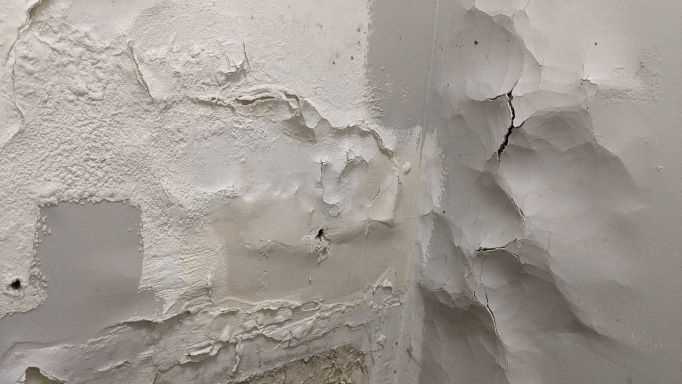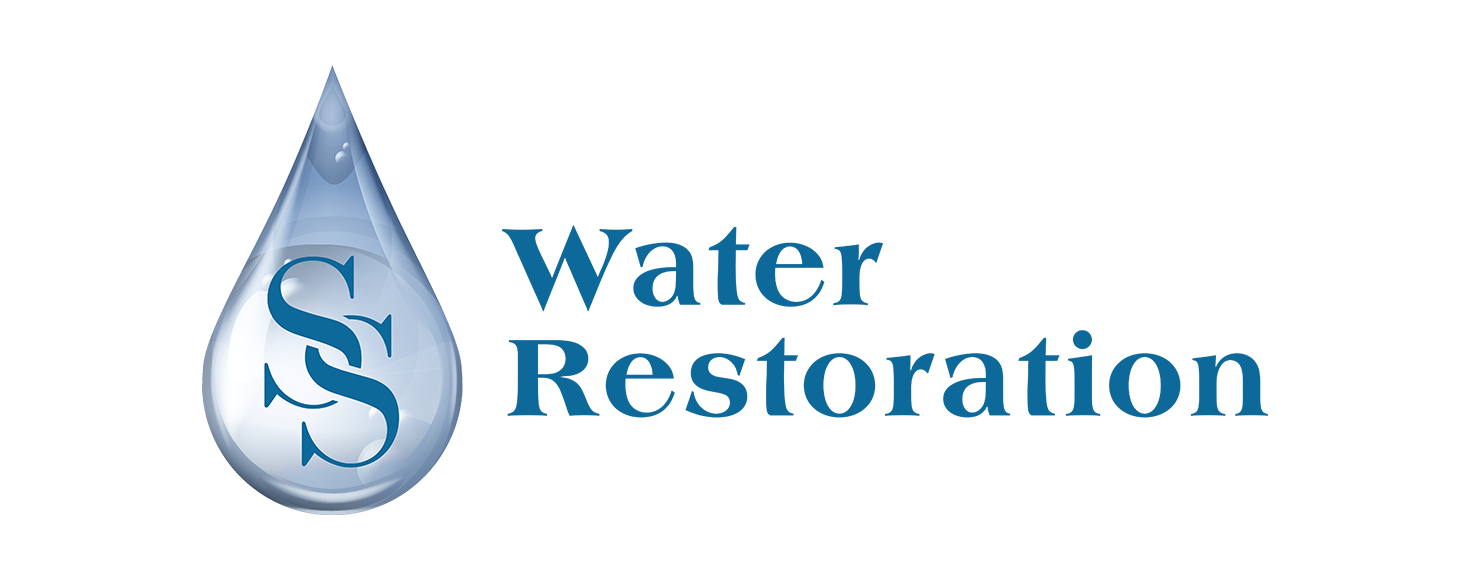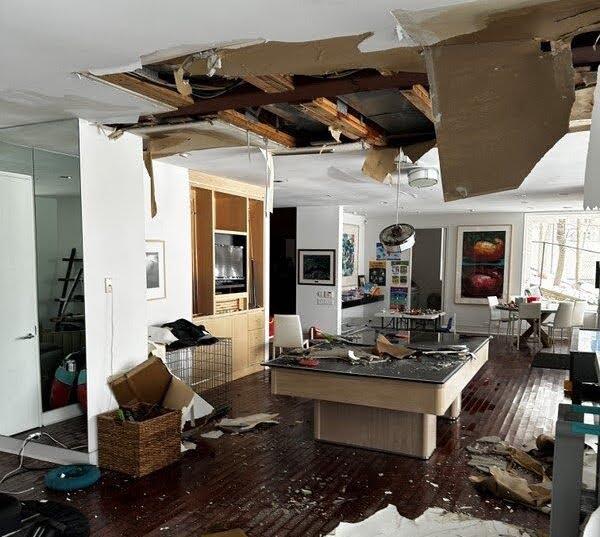Expert Water Extraction Services to Safeguard Your Property from Damage
The Refine of Water Damage Clean-up: Guaranteeing Your Home Is Brought Back Properly
Water damage can be a challenging challenge for home owners, necessitating a structured and careful cleaning process to restore safety and functionality. An extensive analysis is essential to recognize the degree of the damage and identify the suitable removal measures. Following this, effective water removal techniques play a critical function in reducing additional harm. Nevertheless, the nuances of drying, sanitizing, and ultimate repair are just as crucial and typically forgotten. Recognizing these stages can make a considerable difference in the outcome of your home's remediation, triggering a closer consider what each step involves.
Evaluating the Damage
Upon discovering water damages, the primary step is to thoroughly analyze the level of the effect. This initial assessment is essential, as it aids identify the required actions for reliable clean-up and repair. Begin by inspecting the affected locations, including wall surfaces, ceilings, floorings, and personal valuables, to determine the resource of the water invasion, whether from flooding, leakages, or condensation.
Documenting the damage is crucial for both insurance coverage cases and intending reconstruction efforts - damage restoration services. Use photographs and written notes to catch the severity of the damages, noting any kind of afflicted structural components and products. Pay special focus to areas that may not be right away visible, such as behind wall surfaces and under carpetings, as hidden wetness can cause more difficulties, consisting of mold and mildew growth
In addition, evaluate the timeline of the water exposure. The longer the products stay damp, the better the possibility for damage. Understanding the period of exposure will certainly inform the urgency of remediation initiatives. Inevitably, an extensive analysis lays the foundation for a successful water damages cleaning procedure, making sure that all affected locations are resolved successfully and extensively.
Water Extraction Methods

Professionals normally employ completely submersible pumps for bigger quantities of water, which can swiftly alleviate flooding in cellars or various other influenced locations. For smaller sized quantities, wet/dry vacuums are commonly made use of to draw out residual wetness from carpets and tough surfaces. Furthermore, utilizing mobile extractors permits targeted removal in confined rooms or areas with delicate materials.
In instances of infected water, such as sewage or floodwater, advanced extraction methods might involve making use of biohazard devices to make sure safety and conformity with wellness regulations. High-powered extraction tools are vital in decreasing water retention in structural products, which can lead to mold and mildew growth and architectural wear and tear if not addressed promptly.
Ultimately, the effectiveness of water extraction strategies plays a critical function in the total success of the water damage clean-up procedure, preparing for subsequent restoration efforts.
Drying and Dehumidification
Once standing water has been successfully extracted, the next important phase in the water damage clean-up process is drying out and dehumidification. This action is vital to avoid further damage and mold and mildew development, which can occur within 24 to two days in damp environments.
To achieve reliable drying, customized equipment such as industrial-grade air movers and dehumidifiers is utilized. Air movers distribute air across damp surfaces, improving evaporation rates, while dehumidifiers minimize humidity levels in the air, promoting a conducive setting for drying out. The combination of these tools ensures that moisture is extracted from floors, walls, and furnishings, allowing them to completely dry extensively.
It is very important to keep an eye on the drying procedure carefully. Specialists usually use dampness meters to examine the moisture web content in various products, guaranteeing that all influenced areas reach appropriate dryness degrees. This meticulous strategy helps to avoid surprise wetness pockets that might lead to architectural damage or harmful mold and mildew growth.

Cleansing and Disinfecting
After the drying and dehumidification phase is total, the next vital step in water damage cleanup is cleaning up and disinfecting the influenced areas. This procedure is crucial to stop the growth of mold and mildew, microorganisms, and various other virus that prosper in wet settings.
The cleansing phase commonly involves getting rid of any type of particles, dust, and contaminants from surfaces making use of specialized cleaning up representatives. For difficult surfaces, a mix of soap and water or commercial cleaning products is typically utilized. Soft materials, such as upholstery and rugs, might require a lot more comprehensive cleaning techniques, consisting of steam cleansing or Visit Your URL deep extraction techniques, to make sure comprehensive cleanliness.

Sanitizing adheres to cleansing, making use of EPA-approved anti-bacterials to get rid of harmful bacteria. This step is important, especially in areas that may have come into call with floodwaters or sewage, as these sources can pose significant health dangers.
In addition, it is important to resolve any continuing to be odors, which might call for using smell neutralizers or advanced techniques like ozone therapy. Appropriate cleansing and disinfecting not just recover the safety and hygiene of your home but additionally lay the groundwork for successful restoration and fixings in succeeding stages of the water damages cleanup procedure.
Repair and Repair Work

Once the analysis is full, reconstruction efforts can begin. learn this here now Furthermore, floor covering might call for similar interest, depending on the degree of water exposure.
It is vital to engage knowledgeable remediation specialists during this procedure, as they possess the proficiency to manage complex repair services properly. Additionally, they can assist mitigate possible future issues, such as mold and mildew growth or structural instability, thus making sure a secure and habitable living atmosphere. Eventually, efficient reconstruction and repairs bring back the home's stability and boost its total value.
Final Thought
In final thought, the process of water damage clean-up is critical for recovering a home to its pre-damage problem. Each phase, from evaluating the damages to carrying out effective water extraction techniques, followed by thorough drying, disinfecting, and necessary repair services, plays a crucial role in making sure safety and security and conformity with building requirements. Efficient implementation of these steps not only minimizes instant damage however also boosts the lasting integrity and value of the residential or commercial property.
Water damages can be a difficult obstacle for home owners, necessitating a precise and structured cleaning process to restore safety and security and capability. Ultimately, a detailed assessment lays the foundation for a successful water damage cleaning procedure, making sure that all affected locations are resolved successfully and extensively.
Effective water extraction damage restoration strategies are necessary in alleviating damage and protecting against more issues complying with a water invasion event.In conclusion, the procedure of water damage clean-up is vital for restoring a home to its pre-damage condition. Each phase, from analyzing the damage to carrying out efficient water removal methods, followed by thorough drying, sterilizing, and necessary repair services, plays a necessary role in making sure safety and security and compliance with building standards.